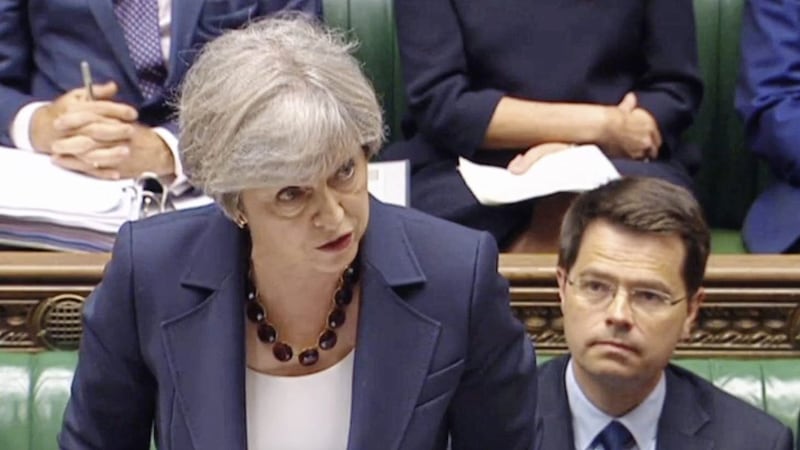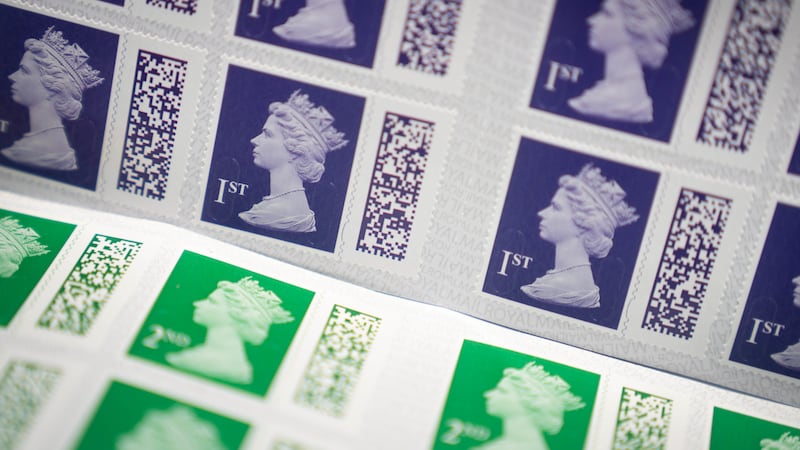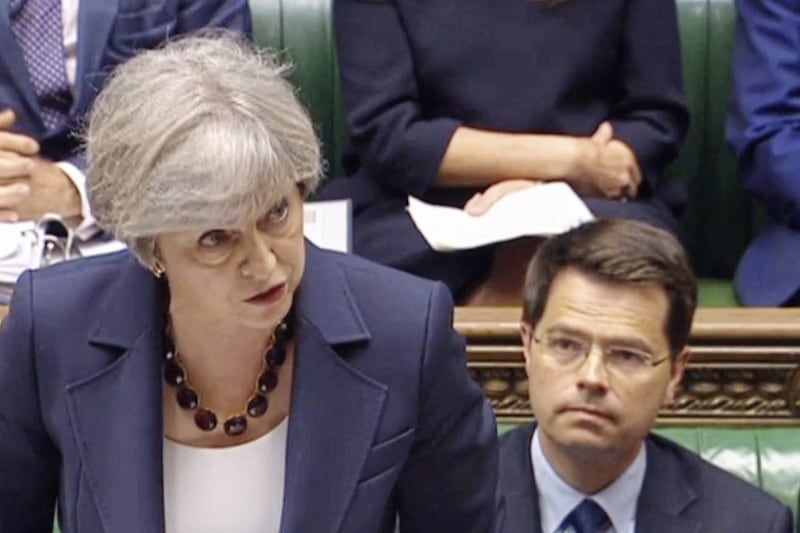PUBLIC sector workers have become the first casualties of the Tory/DUP deal, Sinn Féin has said following the first major vote of the new parliament.
Theresa May's minority government survived its first test yesterday by defeating a Labour amendment to the Queen's Speech - with the help of the DUP.
Labour had called for an end to the public sector pay cap, the recruitment of extra police and firefighters and expressed regret over the failure of the British Government's two-year programme of laws to end cuts to the two services.
But the Conservatives, reliant on the DUP's support following a controversial £1 billion funding deal, saw off the Labour proposal by 323 votes to 309.
All 10 DUP MPs joined with 313 Conservatives to help defeat the amendment.
North Down independent MP Sylvia Hermon voted in favour of Labour's amendment.
There were 256 Labour MPs who backed the amendment along with all 35 SNP MPs, 12 Lib Dems, four Plaid Cymru and Green Party MP Caroline Lucas in an early indicator of the so-called "progressive alliance" in action.
Sinn Féin MLA Máirtín Ó Muilleoir said the vote meant that the wages of emergency and public service workers in Britain would see a "cut in real terms as wages continue to fall behind inflation in the wake of the Tories' disastrous Brexit agenda".
"The wages of public sector workers, including frontline staff in hospitals and schools are the first victims of the DUP/Tory deal," he said.
"Sinn Féin said earlier this week that the price of the DUP-Tory deal is DUP support for continued Tory austerity and cuts to public services and a blank cheque for a Tory Brexit.
"It’s time to end Tory austerity not to shore it up."
The Commons vote was the first in Parliament since the general election, which saw Prime Minister Mrs May lose her majority following gains by Jeremy Corbyn's Labour.
It followed a day of confusion over the Government's approach to the public sector pay cap, with a senior Downing Street source initially signalling ministers were ready to review the 1% limit on pay rises.
But Mrs May's official spokesman later played down the suggestions, insisting the "policy has not changed".








